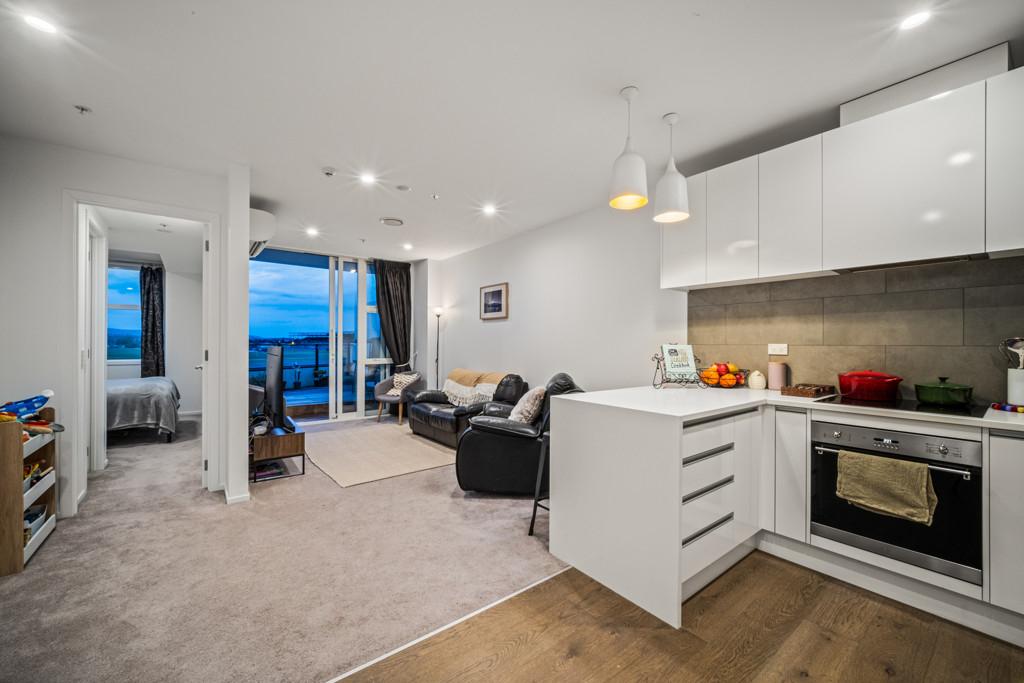Tooth Decay
A BIG THANK YOU to our patients for nominating us for NZ Business of the year awards.
Tooth decay
Tooth decay happens when acids wear away the tooth's hard surface layer, called enamel. These acids are made by a sticky film called plaque.
Plaque build-up on teeth has germs that feed on sugary foods. The process of digesting these sugars makes acids that attack tooth surfaces.
Over a period of time, tooth decay can cause holes in the tooth surface. These are called tooth cavities. If left untreated, cavities can get bigger. They can even destroy the tooth.
There are different stages of tooth decay
First Stage - The dull spot on the tooth's surface may be decay. Brushing teeth with a fluoride toothpaste and flossing may prevent it from becoming a tooth cavity.
Second Stage - The tooth decay is now a cavity. It has gone through the tooth's hard surface layer.
Third Stage - Now that the tooth decay has reached the softer layer of the tooth, it will get bigger faster.
Fourth Stage - If the cavity is not filled, it can cause bigger problems deeper in the tooth.
Here are some tips to help prevent tooth decay:
Avoid eating a lot of sugary foods. Cut down on snacks between meals. This will help prevent plaque from making acid. It will also reduce the number of times your teeth are exposed to acids.
Eat a diet high in calcium. Calcium helps strengthen tooth surfaces.Drink plenty of water, especially if you take certain medicines. Some medicines can decrease the amount of saliva your body makes.
Use a toothpaste and mouthwash with fluoride. Fluoride helps make tooth surfaces harder and stronger
Visit your dental team at least twice a year.
Visit Dr Lisa Fernandes, over 23 years of experience in Dentistry at Lake Panorama Dental situated at 22 Lake Panorama Drive Henderson Heights for a free check up/consultation with quote and 15% of all Dental Treatments including X Rays extended until 31.12.2020.
A BIG THANK YOU to our patients for nominating us for NZ Buss of the year awards.
Latest Dental Equipment
Top Quality Materials used.
Very strict on hygiene.
We are open Mondays to Saturdays with plenty of free on street parking.
Phone 09 2186000 or text 0211363444
Website: www.lakepanoramadental.co.nz...
Email: info@lakepanoramadental.co.nz
What word sums up 2024, neighbours?
If 2020 was the year of lockdowns, banana bread, and WFH (work from home)....
In one word, how would you define 2024?
We're excited to see what you come up with!

⚠️ DOGS DIE IN HOT CARS. If you love them, don't leave them. ⚠️
It's a message we share time and time again, and this year, we're calling on you to help us spread that message further.
Did you know that calls to SPCA about dogs left inside hot cars made up a whopping 11% of all welfare calls last summer? This is a completely preventable issue, and one which is causing hundreds of dogs (often loved pets) to suffer.
Here are some quick facts to share with the dog owners in your life:
👉 The temperature inside a car can heat to over 50°C in less than 15 minutes.
👉 Parking in the shade and cracking windows does little to help on a warm day. Dogs rely on panting to keep cool, which they can't do in a hot car.
👉 This puts dogs at a high risk of heatstroke - a serious condition for dogs, with a mortality rate between 39%-50%.
👉 It is an offence under the Animal Welfare Act to leave a dog in a hot vehicle if they are showing signs of heat stress. You can be fined, and prosecuted.
SPCA has created downloadable resources to help you spread the message even further. Posters, a flyer, and a social media tile can be downloaded from our website here: www.spca.nz...
We encourage you to use these - and ask your local businesses to display the posters if they can. Flyers can be kept in your car and handed out as needed.
This is a community problem, and one we cannot solve alone. Help us to prevent more tragedies this summer by sharing this post.
On behalf of the animals - thank you ❤️

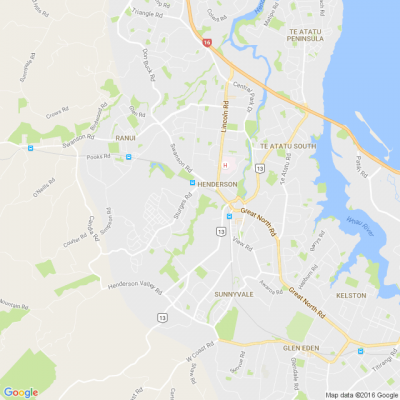
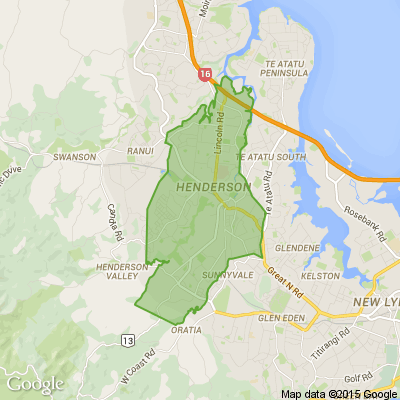







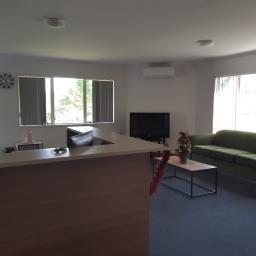
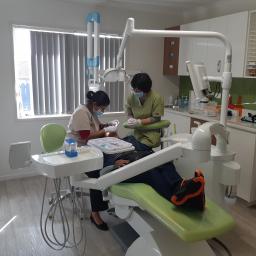
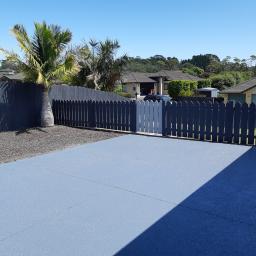

 Loading…
Loading…